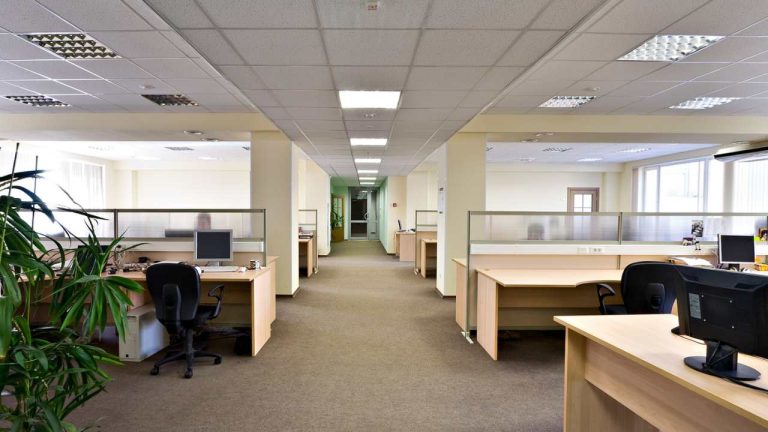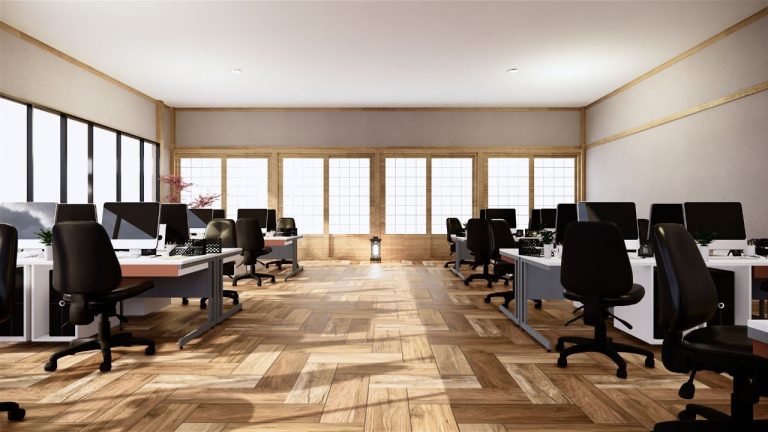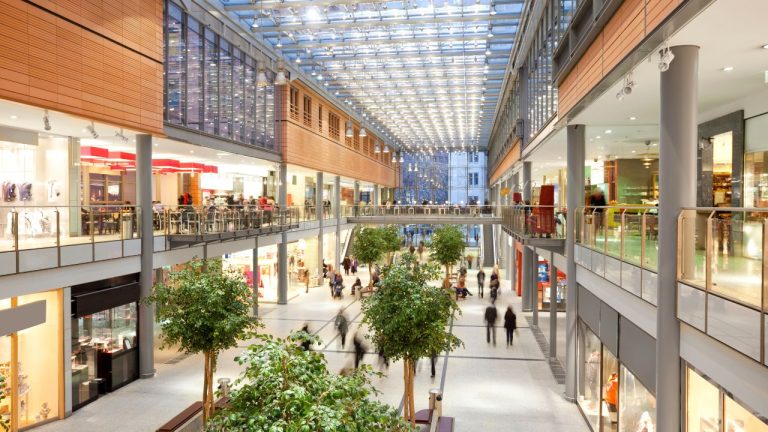Trying Very Hard to Find Good Quality Retail Tenants
When you manage or rent out retail shopping centers, you will always need to find quality tenants to keep the property on track for making money and being a good investment.
Each year things change in retail properties, and some leases will be coming to an end or a few tenants may not suit the tenant mix. Leasing agents become the strategists for landlord investments.
A good shopping centre is a reflection of a balanced and optimized tenancy mix, the leasing strategy together with a few other issues.

Finding the Right Tenants
So the message is that you should try very hard to find the right tenants for the retail property and comprehensively cover the market to achieve that.
Every shopping centre should have a business plan that incorporates a tenant selection process that deals with the following issues:
- Anchor tenants and lease duration – In most cases the anchor tenant leases will be for a number of years and perhaps 10 or 20 years. Most leases for the specialty tenants will be over in 3 to 5 years. The specialty tenants that are placed adjacent to the anchors will have special considerations when it comes to lease duration, merchandise offering, and permitted use.
- Specialty tenants that match the customer mix – The lease for the specialty tenants must control occupancy and retail trade comprehensively. The leasing manager for the property should understand the the customer profiles and select tenants on that basis. Add to that the key elements of the tenant mix and rent structures.
- Merchandising – It is very much the case that some retail tenants will deliberately stretch the bounds of retail sales to achieve more income. Discounting, marketing, and merchandising will be control factors that the landlord exercises through the lease document. The landlords legal person should create that lease so that it matches the requirements of the property investment.
- Marketing – Every tenant should market their business and product line. The shopping centre should also have a strategy of marketing to help all tenants market together at the times of seasonal sales and celebrations.
- Retail Chains by merchandise type – Some retail chains bring great value to a shopping centre. They are ‘destination’ type tenants that draw customers from the greater region. It can take some years to capture or convert a retail chain to a lease in the property. Constant contact with those retail groups will be required.
- Clustering strategies around the anchor tenants – A moderate to large shopping centre will have a number of tenant cluster strategies around the property all running at the same time. It can take years to get the cluster of adjacent tenants to the right balance. Many shopping centres have a leasing manager to implement and achieve that result.
- Franchise tenants – There are some very good franchise brands that merge very well into the leasing profile and tenant mix structure for many a shopping centre. You can get plenty of ideas about just what franchise tenants may be suitable for your property by checking out other shopping centres nearby.
- Standard lease terms and conditions – A good shopping centre will have a set of standard rent clauses and lease terms and conditions that apply in most if not all leases with new tenants. Each year the retail shopping centre business plan can look at the required vacancies to fill, plus the upcoming lease expiries, and then the tenant marketing process can begin.
- Market rents and rent escalations – The landlord will have certain requirements when it comes to property operating costs and financing. The market rents and occupancy levels in the property will underpin the process. Study the market conditions so that rents and in balance with market trends and cash flow expectations of the landlord.

Tenant Selection Summary
So you should try hard to find the right retail tenants. You should also make sure that all the above issues are well considered before you negotiate with any tenant.
Gather the facts about retailers, properties, customers, and the economic pressures or changes in your location. Create plenty of conversations, and the retail leasing business will open up for you.







